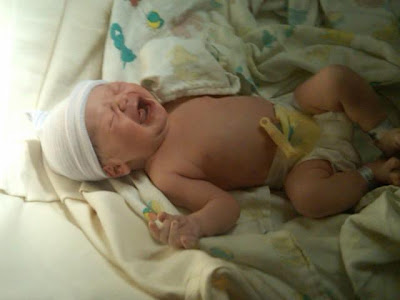Economist on the Torpedo Factory
The Economist visits Alexandria's Torpedo Factory.
Don't anticipate anything game-changing or jaw-dropping here. Expect plenty of cats and cows in different media, as well as watercolours of beach houses, ersatz Abstract Expressionist paintings, stained glass made for the walls of large suburban houses, baubles and knick-knacks and thingummies galore. All of it is skilfully done; most of it is pleasant.Read the whole article here.
The photography is an exception: the Multiple Exposures Gallery is first-rate, displaying not merely beautiful pictures but inventive techniques as well. On a recent visit the gallery showcased landscapes, including an especially arresting wide-angle aerial shot of a field in Fujian after a storm. Crops glinted in the rising sun like rows of wet sapphires, the scalloped grey clouds echoing the terraced farming beneath.
The last paragraph of the Economist article:
The Torpedo Factory’s biggest draw, however (particularly for visitors with children), is not on what is sold but in the demystifying access visitors have to artists. While the galleries function traditionally, the artists work and sell out of the same studio; their raw materials and works in progress—the artistry behind the art—are all on display. Many of them are happy and eager to talk; one was soliciting the help of passers-by to complete a work (she wished to know how to say and write a certain phrase in Hebrew vernacular—a quest that might take time to complete in a yachty southern suburb). A metal sculptor sat on a stool patiently working a piece of metal back and forth in his hands. The centre of his studio was filled with a huge hollow sphere made from hundreds of cylinders of perhaps anodised aluminium. It seemed we were witnessing the first step in a thousand-mile march.












